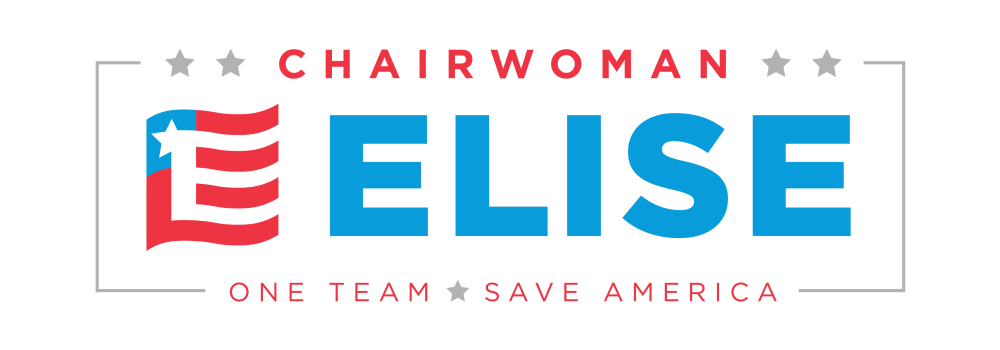July 16, 2021 by Ally Mutnick
In interviews, Emmer often recalls a moment in early 2019, when a top digital strategist at the committee wrote him a memo, urging a heavy investment in small-dollar fundraising. That strategist, Lyman Munschauer, predicted the NRCC would suffer a net loss on that investmentof 3 to 5 percent after one year before reaping gains.
But the benefits came even more quickly: The NRCC began making money within a year, and it has continued to flow in.
In the second quarter of 2019, the NRCC raised $3.3 million online. Over the same period this year, it raised more than $14.1 million.
“This time, we’re being even more aggressive,” Emmer said. “Yes, that investment is paying off.”
Meanwhile, WinRed, the GOP online fundraising platform created as a counter to the Democrats’ ActBlue, has taken off at a similar clip, bringing in $2.3 billion since its created in 2019.
“Your average Democrat who runs is now all about digital money,” said WinRed president Gerrit Lansing, noting ActBlue was founded in 2004. “We’re just having to complete that 15-year cultural shift and just condense it down into a couple cycles to try to catch up.”
For the GOP, this windfall comes at a crucial moment. When corporate PACs announced they would scale back their donations after the Jan. 6 insurrection, there was some concern that would disproportionately impact Republicans, who sometimes rely more heavily on those gifts.
“We’re all online-based now,” Lansing said of his party. The shift happened years ago, but the “fruits of that labor are really coming to fruition now. And it just so happened to coincide with this huge corporate PAC sort-of cage-rattling situation. So it’s ironic.”
Perhaps more importantly, WinRed has helped Republicans redirect the wealth toward new candidates, particularly downballot. Of the $131 million raised on the platform in the second quarter, almost40 percent of that came from first-time donors to a single campaign.
Some of the party’s most adept fundraisers are able to nudge their supporters toward other candidates. For example, Rep. Elise Stefanik (R-N.Y.), who has raised over $1 million every quarter since she shot to prominence during the first Trump impeachment trial, has shared 150,000 donors since the start of the 2020 cycle.
All of this has spurred a digital-first mentality among Republicans that has long been prevalent in the Democratic political ecosystem, which some in the GOP attribute to their current freshman class, which is younger, more tech-savvy and less accustomed to in-person fundraising than longer-term incumbents.
“We started building our digital program early,” said Hinson, who was a TV news anchor in Cedar Rapids before flipping a seat in 2020. “I do enjoy doing digital fundraising. I’m adirect-to-camera person.”
Read the full article here: https://www.politico.com/





